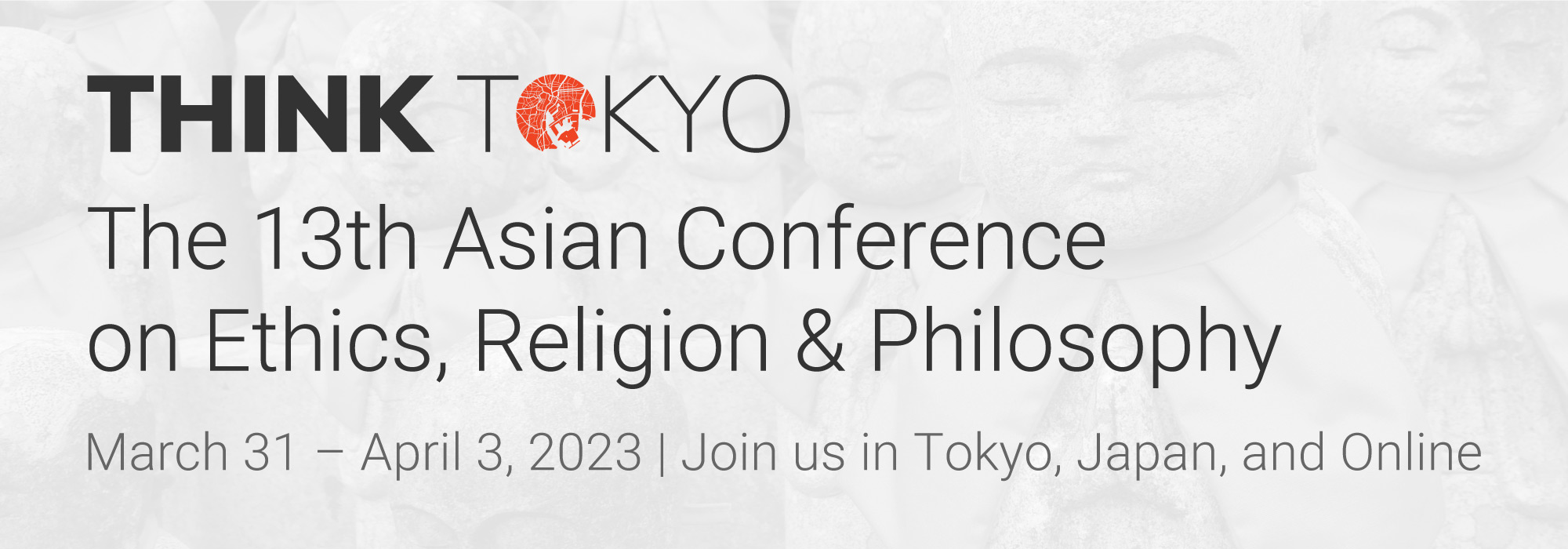A Five Arm Randomized Control Trial for an Intergenerational Arts and Heritage-Based Intervention: ARTISAN 2.0 (68927)
Session Chair: Andy Hau Yan Ho
Saturday, 1 April 2023 15:35
Session: Session 4
Room: Room 704
Presentation Type:Oral Presentation
Background: ARTISAN 2.0 builds on the empirical foundation of Project ARTISAN (Aspiration and Resilience Through Intergenerational Storytelling and Art-based Narratives), a 5-week multi-modal art-based intergenerational intervention developed in 2018, to investigate the intervention components contribution in promoting wellbeing among the young and old.
Methods: A parallel group, multicenter, randomized controlled trial (RCT) with four treatment groups and one control group was conducted. 233 youth and older adults were recruited and randomized into five conditions: ARTISAN, participatory arts, art space, storytelling, and physical activity (control). Participants were assessed at baseline, post-intervention, and 10-week follow-up with multiple psychometric measures. Focus group discussions were audio-recorded and transcribed.
Results: One-way repeated measures ANOVA were conducted for each condition, and post-hoc independent t-tests were conducted for scales with significant findings. The quantitative findings revealed that engagement in the conditions yielded varying benefits for participants. Engagement in ARTISAN resulted in enhanced civic participation, participatory arts engagement strengthened multiple aspects of psychological wellbeing, attending tours at an art space encouraged appreciation for Singapore’s heritage, sharing life stories enhanced one’s purpose in life, and participation in physical activity improved quality of life. A framework analysis was adopted for the qualitative data, resulting in the identification of 12 themes nested into five interrelated theme categories. This provided deeper insight to the underlying health-promoting contributions of the ARTISAN intervention components and revealed that the multi-modal ARTISAN intervention outperformed singular-modality interventions and could promote self-actualization.
Conclusion: This study adds to the limited literature on how integrative modalities can support community wellbeing.
Authors:
Stephanie Hilary Xinyi Ma, Nanyang Technological University, Singapore
Andy Hau Yan Ho, Nanyang Technological University, Singapore
About the Presenter(s)
Ms. Stephanie Hilary Ma is a psychology PhD student at Nanyang Technological University with a passion for community empowerment. Her research involves enhancing health and wellbeing through participatory arts and intergenerational interventions.
Connect on Linkedin
https://www.linkedin.com/in/shilaryma/
Additional website of interest
https://www.researchgate.net/profile/Stephanie-Hilary-Xinyi-Ma-2
See this presentation on the full schedule – Saturday Schedule





Comments
Powered by WP LinkPress